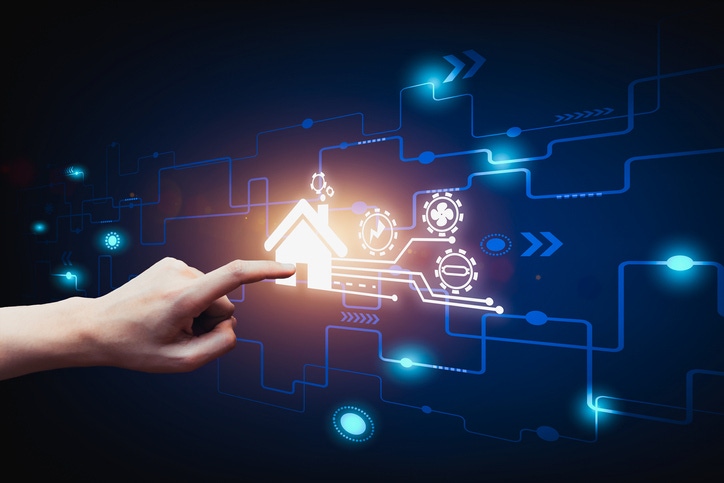The rise of home technology and smart homes has revolutionized the way we live and interact with our living spaces. With the advancement of technology, homes are becoming increasingly automated, efficient, and connected. In this article, we will explore the latest trends and innovations in home technology and smart homes.
Smart Homes: What and Why?
A smart home is a residence that uses advanced technology to automate and control various aspects of the home, such as lighting, temperature, security, and entertainment systems. The primary goal of a smart home is to enhance the comfort, convenience, and safety of its occupants while also improving energy efficiency and reducing costs.
Home Automation Systems
Home automation systems are the backbone of smart homes. These systems integrate various devices and appliances, allowing them to communicate with each other and be controlled remotely through a central hub or mobile app. Popular home automation systems include Samsung SmartThings, Apple HomeKit, and Google Home.
Smart Home Devices

Smart home devices are the building blocks of a smart home. Some popular devices include:
- Smart Thermostats (e.g., Nest, Ecobee)
- Smart Lighting Systems (e.g., Philips Hue, LIFX)
- Smart Security Cameras (e.g., Nest Cam, Ring)
- Smart Door Locks (e.g., August, Schlage)
- Smart Speakers (e.g., Amazon Echo, Google Home)
Benefits of Smart Homes
Smart homes offer numerous benefits, including:
- Convenience: Control your home with the touch of a button or voice command.
- Energy Efficiency: Optimize your energy consumption and reduce costs.
- Safety: Receive alerts and notifications in case of security breaches or system malfunctions.
- Comfort: Enjoy a personalized living experience with tailored lighting, temperature, and entertainment settings.
Challenges and Limitations
While smart homes offer many advantages, there are also some challenges and limitations to consider:
- Cost: Setting up a smart home can be expensive, especially for high-end systems.
- Complexity: Integrating multiple devices and systems can be complicated and require technical expertise.
- Privacy: Smart homes rely on data collection and analysis, which raises privacy concerns.
- Compatibility: Ensuring device compatibility and interoperability can be a challenge.
Future of Home Technology and Smart Homes
The future of home technology and smart homes is exciting and rapidly evolving. Emerging trends include:

- Artificial Intelligence (AI): AI-powered smart homes will learn and adapt to occupants’ preferences and behaviors.
- Voice Control: Voice assistants like Alexa and Google Assistant will continue to dominate smart home control.
- IoT Integration: The Internet of Things (IoT) will connect an increasing number of devices and appliances, making smart homes even more automated and efficient.
In conclusion, home technology and smart homes are transforming the way we live and interact with our living spaces. While there are challenges and limitations, the benefits and potential of smart homes are undeniable. As technology continues to advance, we can expect smart homes to become even more integrated, efficient, and personalized.
